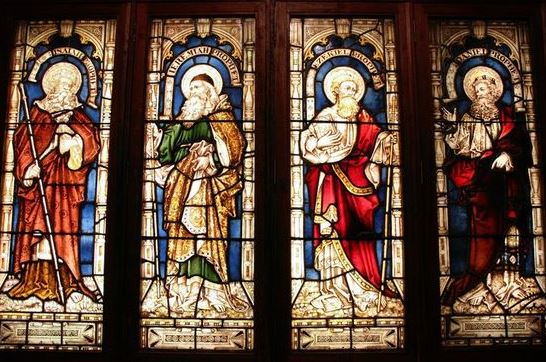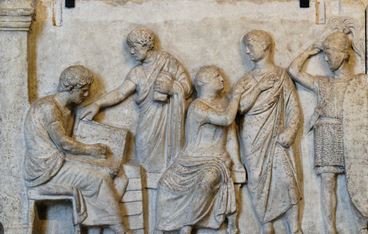Anglicanism is a Christian tradition that traces its roots back to the Church of England and its historical ties to the broader Christian church. With over 85 million members worldwide, it represents a significant portion of global Christianity. This article provides an in-depth look at Anglicanism, its origins, beliefs, practices, and its impact on the world.
Origins of Anglicanism
Anglicanism began in the 16th century as part of the Protestant Reformation, a movement that sought to reform the practices of the Roman Catholic Church. The catalyst for Anglicanism’s formation was King Henry VIII’s desire for an annulment from his first wife, Catherine of Aragon, which the Pope refused to grant. This led to a break with the Roman Catholic Church and the establishment of the Church of England, with the monarch as its Supreme Head.
However, Anglicanism is more than just the result of a political dispute. It is deeply rooted in the traditions and teachings of the early Christian church, drawing on the Bible, the creeds, and the writings of the Church Fathers. The Anglican Church sought to retain much of the Catholic liturgy and structure while embracing certain Reformation principles, such as the authority of Scripture and justification by faith.
Beliefs and Theology
Anglicanism is known for its “via media” or “middle way” approach, balancing aspects of Catholicism and Protestantism. This middle way is evident in its theology, which is both flexible and inclusive, allowing for a wide range of beliefs within the Anglican Communion.
Key beliefs include:
- Scripture, Tradition, and Reason: Anglicans believe that Scripture is the primary source of authority, but it is interpreted through tradition (the historical teachings and practices of the church) and reason (the use of human intellect to understand faith).
- The Sacraments: Anglicans recognize two primary sacraments, Baptism and the Eucharist (also known as Holy Communion). These are seen as outward signs of inward grace, instituted by Christ.
- The Book of Common Prayer: This is a key text in Anglican worship, containing prayers, liturgies, and services. It reflects the balance of Catholic and Reformed traditions and has influenced English-speaking Christianity worldwide.
- The Creeds: Anglicans uphold the Nicene and Apostles’ Creeds as statements of Christian faith, summarizing core Christian beliefs about God, Jesus Christ, and the Holy Spirit.

Worship and Practices
Anglican worship is known for its dignity, formality, and beauty, often involving a rich use of music, liturgy, and ceremonial elements. Services typically include readings from Scripture, prayers, hymns, and a sermon. The Eucharist, or Holy Communion, is central to Anglican worship and is celebrated regularly.
Anglicanism also emphasizes the importance of communal worship, bringing together people from different backgrounds to share in the experience of God’s presence. The church calendar, with its seasons of Advent, Christmas, Lent, Easter, and Pentecost, plays a significant role in shaping the worship and spiritual life of Anglicans.
The Anglican Communion
The Anglican Communion is a global family of churches that are in full communion with the Church of England. It is not a single hierarchical organization but a fellowship of independent churches that share a common heritage and faith. The Archbishop of Canterbury, based in England, is recognized as the spiritual leader of the Communion, but he does not have the same authority as the Pope in the Roman Catholic Church.
The Communion is marked by diversity, with different provinces (national or regional churches) having their own traditions, liturgies, and practices. This diversity can sometimes lead to tensions, particularly around issues such as ordination of women, LGBTQ+ inclusion, and interpretations of Scripture. However, the Anglican Communion continues to emphasize unity in diversity, striving to maintain fellowship despite differences.
Anglicanism Today
In the modern world, Anglicanism faces both challenges and opportunities. The decline in church attendance in the West, debates over social issues, and the need for interfaith dialogue are all significant challenges. At the same time, the growth of Anglicanism in the Global South, particularly in Africa and Asia, brings new energy and perspectives to the Communion.
Anglicanism also plays a role in promoting social justice, human rights, and environmental stewardship. Many Anglican churches are involved in charitable work, education, and healthcare, reflecting the Anglican commitment to living out faith in action.
Anglicanism is a rich and complex tradition that offers a distinctive way of being Christian. With its balance of tradition and reform, unity and diversity, Anglicanism provides a spiritual home for millions of people around the world. Whether you are exploring Christianity for the first time or seeking to deepen your faith, Anglicanism invites you into a community that values both the ancient and the modern, the sacred and the everyday.




